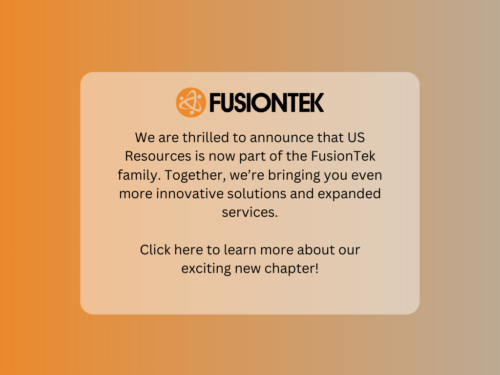IT services with fixed fees are a great way to control IT costs. Every company’s success (or failure!) depends on technology in our increasingly digital world. Communication, collaboration, cybersecurity, infrastructure and marketing are all constantly changing, and implementing new technologies can be challenging and expensive.
Therefore, it’s crucial to stay on top of your organization’s IT needs, especially for small and midsize businesses that don’t have the budget for an in-house IT department. Rather than going in-house or using the traditional break-fix model for IT services, we’ll take a look at four key benefits of switching to a fixed-fee managed IT model.
What Is a Fixed-Fee Managed Services Plan?
Fixed-time and fixed-price services commit to completing the agreed-upon scope of work within a predetermined period and for a set price. An estimate of the total cost and work associated with the project is provided.
Pricing models like fixed fees are common. Fixed-fee agreements set a price for completing a service, sometimes called lump-sum contracts. You’re likely more familiar with fixed-fee pricing than you realize, even though many software companies use time-and-materials models. Every time you go to a store or shop online, you agree to pay a set price (or fixed fee) for the item.
A break-fix is what most businesses use — they call a service provider when they’ve got a problem, and they charge them hourly. The service agreement outlines all expenses (except annual increases) and the service provider’s obligations. That’s to say that both parties understand what’s expected, such as the speed of service.
What Are the Benefits of a Fixed-Fee Managed Services Plan?
At this point, you’re probably thinking, “Why do I need a fixed-fee managed services plan?” Consider these reasons why you should consider switching to a fixed-fee IT plan:
1. Transparent Pricing
The first thing is that fixed-fee contracts are more transparent. You’ll know exactly what to expect for project cost and timing so that your clients aren’t surprised. Agreements establish and lock in the total cost of your requested services upfront since fees don’t depend on the number of hours your project requires.
This model has the first advantage of being cost-predictable. Businesses are spending more on IT as technology becomes a competitive differentiator. These budgets can be hard to predict because technologies are adopted, removed, scaled or created.
Additionally, digital transformation is affecting every sector, so staying on top of technology changes is a must for any business.
With a monthly fixed-fee IT plan, decision-makers and executives know precisely how much their IT support is going to cost. SMBs are becoming increasingly aware of their IT expenditures as a result of the COVID pandemic, which led nearly two-thirds (62%) of businesses to tighten their budgets.
2. Provides Long-Term Tech Budgeting
Business owners can feel like they’re playing catch-up with break/fix models, but managed services offer consistency and stability conducive to long-term budgeting with technological advances. Managed services and solutions are all bundled into one simple contract with an MSP.
To help you budget for future business goals, your MSP will clearly outline any new or removed services. This is done to keep businesses on a budget and minimize surprises. Accounting will be happier if there are fewer IT bills.
3. Ensures That Business Goals Are Met
Most SMBs treat IT like an afterthought and see it as more of a money sink than anything else. For many companies, IT has become a department whose remit has expanded substantially in recent years, but they don’t have the workforce or expertise to handle it all.
SMBs spend nearly 1/10th of their IT budget on servers. Your MSP can help you upgrade your infrastructure based on your needs. This is why Managed Services Providers (MSPs) have grown so much in the last five years — it lets businesses focus on what really matters.
Consequently, businesses can get more value from their in-house IT staff, who will have more time to focus on activities that will benefit critical operations instead of putting out fires.
4. Peace of Mind
Managed services providers can handle IT tasks so that companies don’t have to worry about budgets, and they can stay on top of cybersecurity. The number of cyberattacks is rising, so data security is more important than ever.
Your data and tech infrastructure can be secured by a managed service provider. Using IT experts with cutting-edge knowledge, MSPs can also offer cost-effective solutions to common IT problems like downtime due to maintenance or infrastructure breakdowns.
Additionally, MSPs keep business processes running smoothly by responding quickly to breakdowns. With MSPs, businesses can scale their technology at a pace that fits their budget and needs. With fixed-fee MSPs, organizations have clear objectives, a defined budget and no hidden fees.
It is also worth noting that a fixed-fee service plan is more likely to encourage you to use the helpdesk more often since there is no charge for using the helpdesk. These are exactly the reasons why customers prefer the fixed monthly fee pricing model because it allows them to know what their costs will be.


